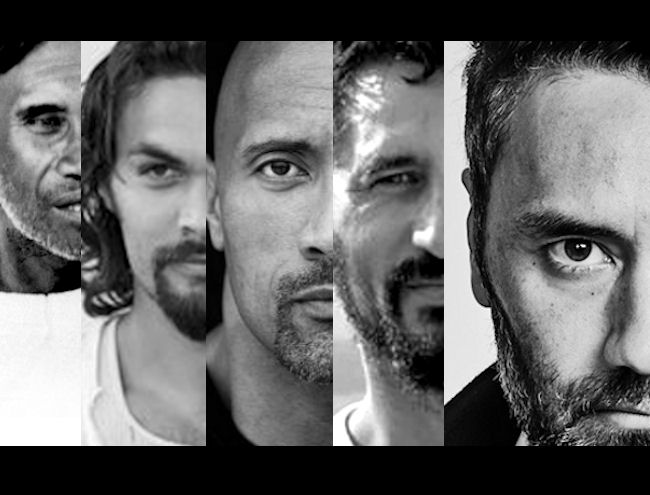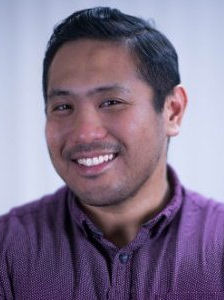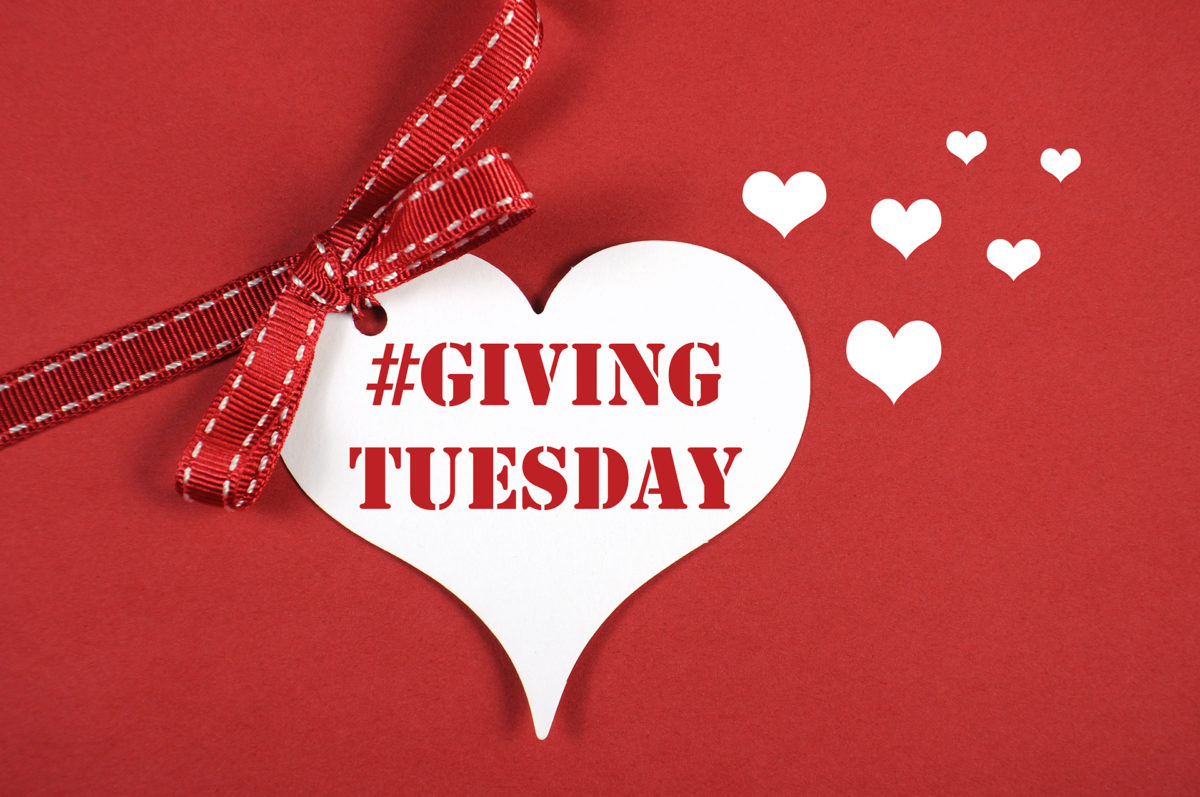
By Guest Contributor: Conrad Lihlihi (@clihilihi)
Editor’s Note: Earlier this week, entertainment news outlets reported that film project “Ni’ihau” was in pre-production and had cast actor Zach McGowan (Black Sails) in the lead role of Ben Kanahele, a Native Hawaiian man who featured centrally in the historic so-called ‘Ni’ihau Incident’. That announcement sparked accusations of white-washing and historical inaccuracies from online commentators.
In terms of the film production of “Ni’ihau” itself, there’s not much I could say that hasn’t already been said. Business-wise, I don’t see any support for this film from any communities (outside of hard core Zach McGowan fans). At this point, it seems almost certain that this project will fail.
However, news of the “Ni’ihau” film project re-raised a particular issue dealing with Asians and Pacific Islanders that I feel should be talked about. Specifically, does the term “Asian Pacific Islander” contribute towards a tendency for many Asians to claim Pacific Islanders as part of the same monolithic racial community, and thereby unknowingly erase the Polynesian narrative?
As far as umbrella terms go, Pacific Islander is probably as generic as you can get; it’s kind of like calling a person “white”. Under the Pacific Islander umbrella, there are many groups, including Filipinos, which deserve their own conversation about culture identity. However, the three main groups I am referring to who are unknowingly receiving an “Asian Pacific Islander” label are Polynesians, Melanesians, and Micronesians. Micronesia includes the Federated States of Micronesia (FSM), along with Guam, CNMI, Republic of Marshall Islands, etc. Under Melanesia are folks from Vanuatu, the Solomon Islands, Papua New Guinea, etc. Then, in Polynesia are folks from Hawai’i, Samoa, Tonga, etc. Travel to any of these places and you’ll find there is absolutely nothing Asian about them.
With that said, I’ll speak about growing up in the Polynesian community (which includes notable members Jason Momoa and Dwayne Johnson). The boundary of Polynesia is the Polynesian Triangle — and that’s it. Polynesia’s borders don’t cross into Asia, nor does it include the Philippines (which itself endures a fraught conversation over identity as either Asian and/or PI).
Many Pacific Islanders grow up with an incredibly strong sense of community identity for their Pacific Islander identity. Even more so is our strong sense of ethnic pride as Hawaiians, Samoans, Tongans, etc. The point is that we know who we are culturally. We don’t experience any confusion about our place in the world.
And yet, for some reason, outside of our Pacific Islander communities, the Asian community is the first ones to swoop in and claim us as part of some “Asian Pacific Islander” umbrella term.
I’ve never heard any other ethnic group name Polynesians, Micronesians, and Melanesians as part of a larger “Asian Pacific Islanders” identifier. I’m genuinely curious as to where this came from. Are Asian Americans trying to thrust a confusion about their identity onto Polynesians and other Pacific Islanders? Are Pacific Islanders being lumped in with Asian Americans because the countries of our heritage are geographically near to each other?
Regardless, many Polynesians are taken aback when we see our culture being negated by Asians and Asian Americans who not only are given cultural credit, but who – more upsettingly — actively take it from us. For instance, I’ve come across Reddit threads that have complained about Disney’s Moana as “a good thing for Asian Pacific Islander women at the expense of Asian Pacific Islander men”, which carelessly lumps the issues of Asians and Pacific Islanders together. Other stories have listed the upcoming “Ni’ihau” film as just another example of Asian roles being Whitewashed by Hollywood. Here’s another example: people regularly use the term “Hapa” for anyone who is mixed Asian, even though it is a Hawaiian word that originally referred to people who were mixed with Native Hawaiian; but I get that language evolves.
Quite simply: Polynesian does not equal Asian. Pacific Islander does not equal Asian. While there are some people who are mixed race Asian and Pacific Islander and who might claim the title of “Asian Pacific Islander”, for the most part if people are talking about Polynesians, Melanesians and Micronesians, we owe it to them to be precise about who they are. Jason Momoa, Dwayne Johnson, Taika Waititi, Cliff Curtis and Ben Kanahele are not Asians. They are not “Asian Pacific Islanders”. They are Pacific Islanders. Period.
Of course, I support unity between Asians and Pacific Islanders for logistical reasons. I’m all for fighting together and building a community as people of color. But when it comes to cultural issues, conflating Asian culture and community with that of Polynesians and other Pacific Islanders – as if we are all one – is inaccurate and confusing. As it stands, people already know very little about Polynesian culture. Latching Poly culture to that of Asians – particularly when both are so beautifully different — erases and dismisses all the Polynesians, Melanesians, and Micronesians fighting to express our unique voices and histories.
We are Hawaiian. Kanaka Maoli. Polynesian. Pacific Islanders. We are descended from a long line of warriors, farmers, healers, navigators, storytellers. Our history is lush. We conquered the South Pacific for over 1500 years. We had a ruling monarchy that pushed Hawai’i to becoming one of the most literate populations per capita in the world. Our palace had electricity even before the White House. In 1893, our last monarch, Queen Lili’uokalani, was held hostage at gunpoint during a coup involving US ambassadors, businessmen, and military, and she was forced to sign over Hawai’i to the United States to avoid bloodshed. That’s one of the many, many stories of the South Pacific that has nothing to do with Asian culture.
Since Hawai’i was taken from our people (and since even before then), we have been fighting for our voice and for fair and proper representation. Efforts to erase this history and this struggle – often efforts thoughtlessly championed by Asians – don’t help; indeed, they compound the hurt.
Asians have had their stories out there for decades. Asian and Asian American storytellers are already fighting for representation. By comparison, it feels like Polynesians are being rewritten and reclaimed – often by our own Asian so-called “allies” — before we’ve even had a chance to introduce ourselves.
Correction: An earlier version of this post misidentified the Federated States of Micronesia, which is a part of Micronesia not another name for it. We regret the error. This post has also been updated to clarify its discussion of the Filipino community.

Conrad Lihilihi is a Native Hawaiian filmmaker with a BA in Ethnic Identities in Film from the University of Washington. Conrad’s work can be found at ConradLihilihi.com.
Learn more about Reappropriate’s guest contributor program and submit your own writing here.

